What is the Power of Connection toolkit?
The Power of Connection toolkit is a free online resource for any volunteer-involving organisation to access. It contains guidance and best practice examples on how volunteering can be designed to strengthen social cohesion at a local level. It draws on the latest research and evidence on volunteering and social cohesion using a bespoke theory of change.
What do we mean by social cohesion?
Social cohesion happens when people from different backgrounds meet, mix and get along. The work of cohesion and integration is about developing neighbourhoods, workplaces, institutions and social spaces where difference is welcomed and celebrated. It is about creating places where empathy and curiosity about people ‘not like me’ are encouraged. When this happens we can move beyond narratives of ‘us’ and ‘them’ towards ideas of kindness, trust and social cohesion between groups.
Another way of thinking about cohesion and integration is that it is the ‘social glue’ in the places where we live, work and socialise. Its presence means that we get on with and trust our neighbours, colleagues and acquaintances. We feel safe and connected to others – a sense of belonging. We often only notice this vital ‘social glue’ by its absence.
Who is the toolkit for?
The toolkit aims to help people organising and supporting volunteers and volunteer programmes to provide volunteering opportunities which build stronger social connections between different groups. Strengthening social connections and cohesion helps to reduce prejudice, build trust between people and increases community resilience.
The toolkit could also be used by commissioners, funders and policymakers to think about how to build stronger more cohesive communities and local places. And by businesses and workplaces looking to foster stronger connections and trust with their local area through workforce volunteering schemes.
How will the toolkit benefit volunteer-involving organisations?
This toolkit contains units to help the user gain awareness of the wider benefits of volunteering to local communities. It helps to identify any barriers to volunteering and supports you to develop and strengthen your model of volunteering so that it in turn strengthens social cohesion. The aim is to help users create a plan for improving social cohesion specifically tailored to their organisation’s purpose, volunteering opportunities and location. With this knowledge volunteer-involving organisations can extend their reach, listening to more diverse voices and challenging dominant perspectives. The toolkit particularly seeks to help volunteer-involving organisations connect with groups and communities who face the most barriers to inclusion including those who experience socio-economic deprivation and Black, Asian and other minoritised ethnic groups.
This toolkit can help recognise the advantages of volunteering – both for individuals who volunteer and the communities where the volunteering takes place. We know that volunteering is much more than completing a task – it offers a variety of benefits from learning new skills, building self-confidence and overcoming loneliness. Yet not everyone involved in volunteering, or those who do not yet volunteer, may be aware of all these benefits.
Getting to know the place where your organisation works and the spaces you have that can bring people together can help build stronger communities. Better social cohesion leads to more volunteering and volunteering leads to higher levels of social cohesion. It’s win-win for all involved.
What is in the toolkit?
The toolkit includes case study videos, links to external resources and interactive exercises. The case studies include examples of high-quality volunteer engagement across diverse demographics, geographies and cultures. Some of the units include information on overcoming barriers to social connection, such as racism and other types of prejudice. There are many positive and inspirational stories of how volunteering has fostered social connection.
The toolkit has been designed to be as easy and intuitive to use as possible, meeting the highest standards of accessibility for those with a visual or hearing impairment. You do not need to work through the sections in numerical order or complete them all – just use the resources most relevant to your role, organisation and location. In total the toolkit should take four hours to work through if all units are completed. They do not all have to be done at once, in fact it will be better to just complete one unit at a time to allow thinking space and discussions with colleagues between units. You may want to work on it alongside colleagues as a collaborative or group activity.
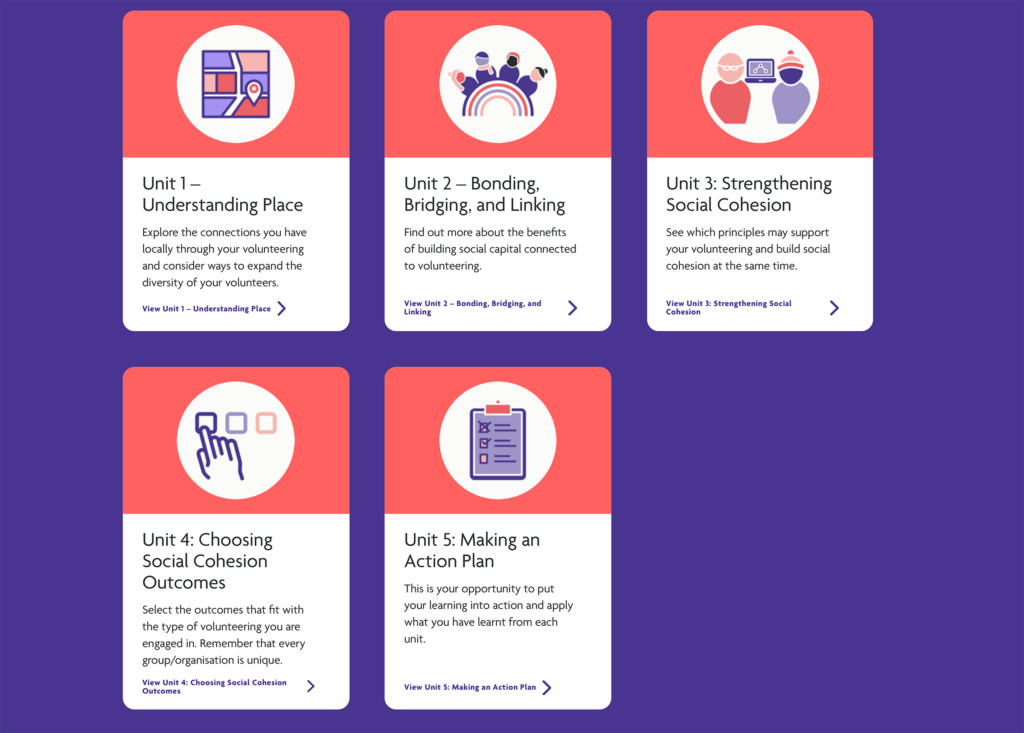
At the end you should have your own plan to provide volunteering opportunities which will boost social connection and social cohesion in your area and an understanding of the wider issues that can impact levels of social cohesion both positively and negatively.
How do I use the toolkit / get started?
Once registered you can get started straight away! You can use the toolkit on a PC, laptop, tablet or phone – whatever is most convenient. You can save your work to return to it later. You may wish to return to the plan you create to update it on an annual basis as your own knowledge and experience grows or as volunteering opportunities change within your organisation. You may like to go through the units with others and discuss as you go along.
Do I have to pay to use the toolkit?
No – the toolkit is completely free to use.
What is the Shaping the Future through Volunteering group?
Thirty of the country’s leading volunteer-involving charities have launched their shared commitment to support all communities across the UK to be dynamic and welcoming places for volunteering. The group believes volunteering can play a transformative role in creating the kind of society we all want to live in. Volunteering can help address the biggest challenges that we face from mental health to climate change. The group is committed to changing and developing how they work and to engaging with all communities. The aim is to build on a heritage of decades of delivering through volunteering but modernising the approaches to fit today’s expectations and opportunities.
Who has created the toolkit?
Belong – The Cohesion and Integration Network is a national charity and membership organisation based in Manchester. We support you to help people from different backgrounds meet, mix and get along. We do not work directly with the general public but support those who do – local authorities, charities, businesses, education providers and arts organisations. Our aim is to empower anyone using volunteering, sports provision, workplace EDI initiatives, community tension reduction, the arts and more to create stronger, more resilient communities. To support this journey Belong offers thought leadership and knowledge, research and evidence of what works, peer to peer support networks and training and consultancy. You can find out more about Belong’s work here.
The toolkit is informed by academic work carried out by Belong Network research partners the Centre for the Study of Group Processes at the University of Kent. Led by Professor Dominic Abrams, the research looks at the links between volunteering and social cohesion. The toolkit development also benefitted from an Advisory Panel with charities from the Shaping the Future with Volunteering group sharing their knowledge and expertise. They were also joined by representatives from Bradford Council and the Greater London Authority.
Who has funded the toolkit?
The toolkit has been funded by a grant from the Department for Culture, Media and Sport plus contributions from members of the Shaping the Future with Volunteering group. Members of the group have been part of shaping the resource through an Advisory Panel.
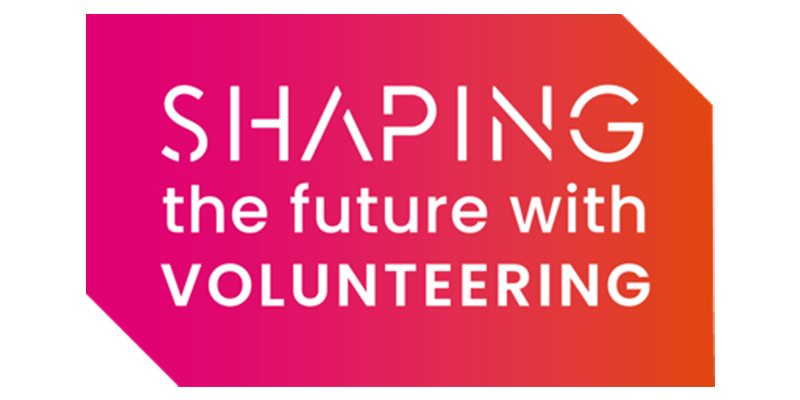
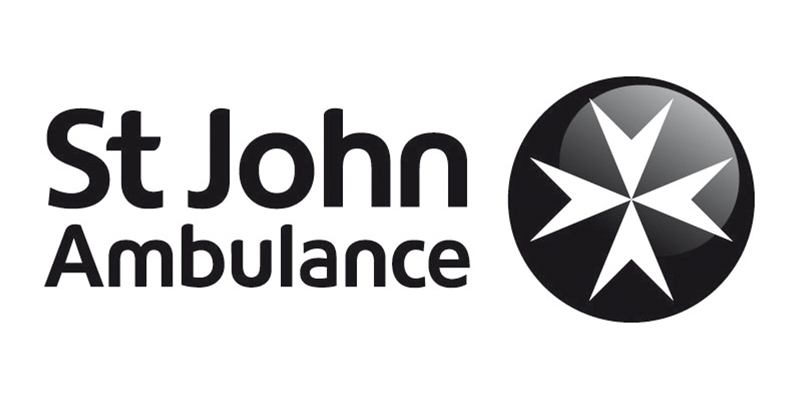
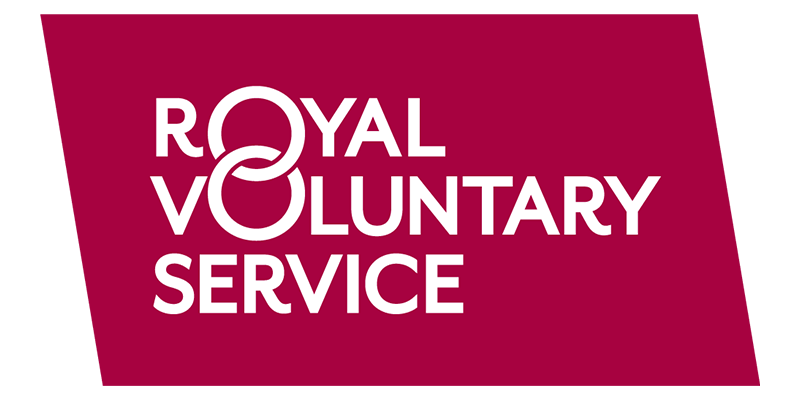

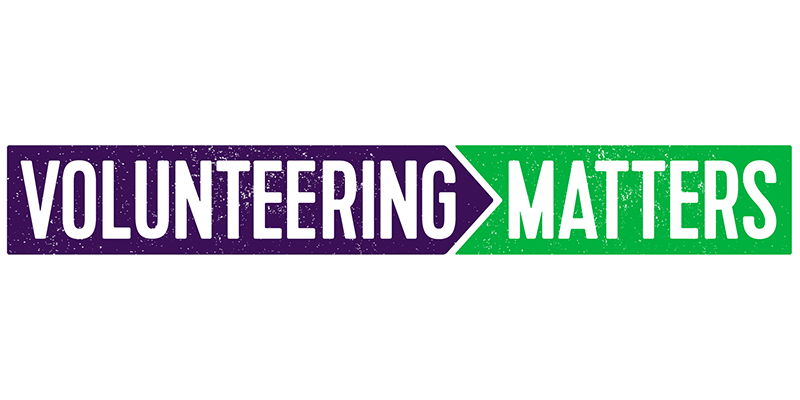
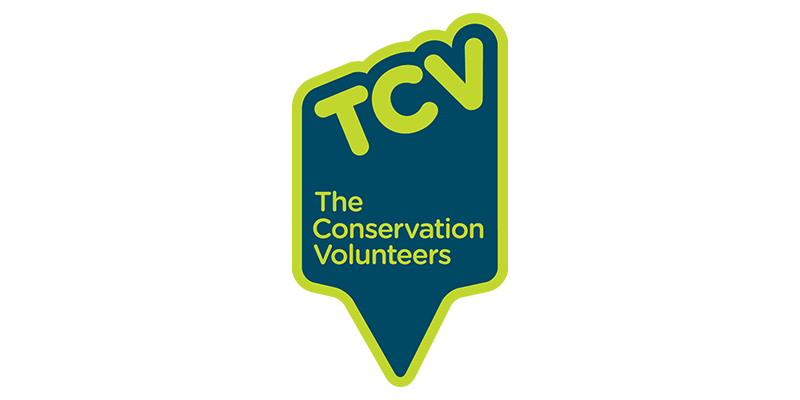
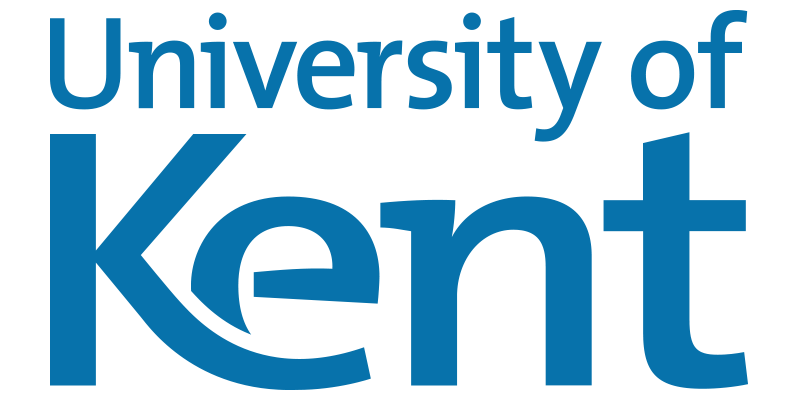
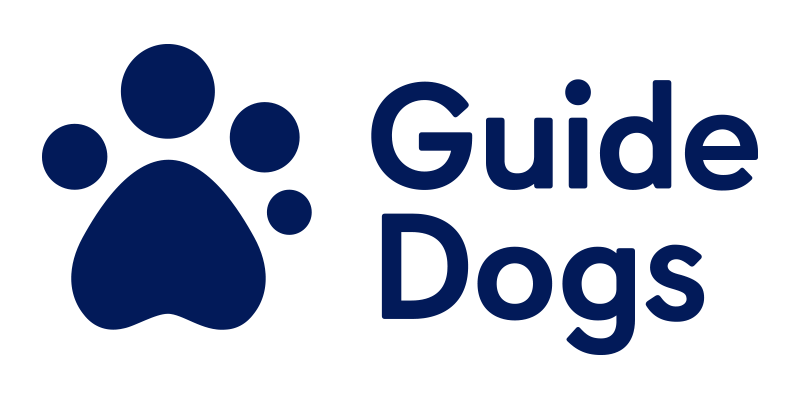
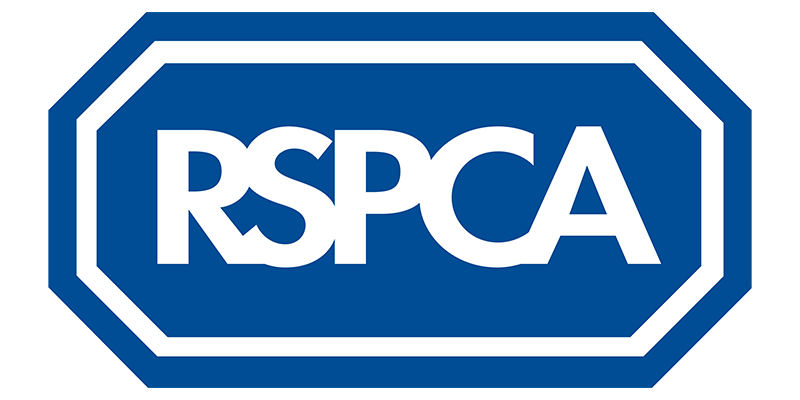
For any further information about the Power of Connection toolkit please contact admin@belongnetwork.co.uk